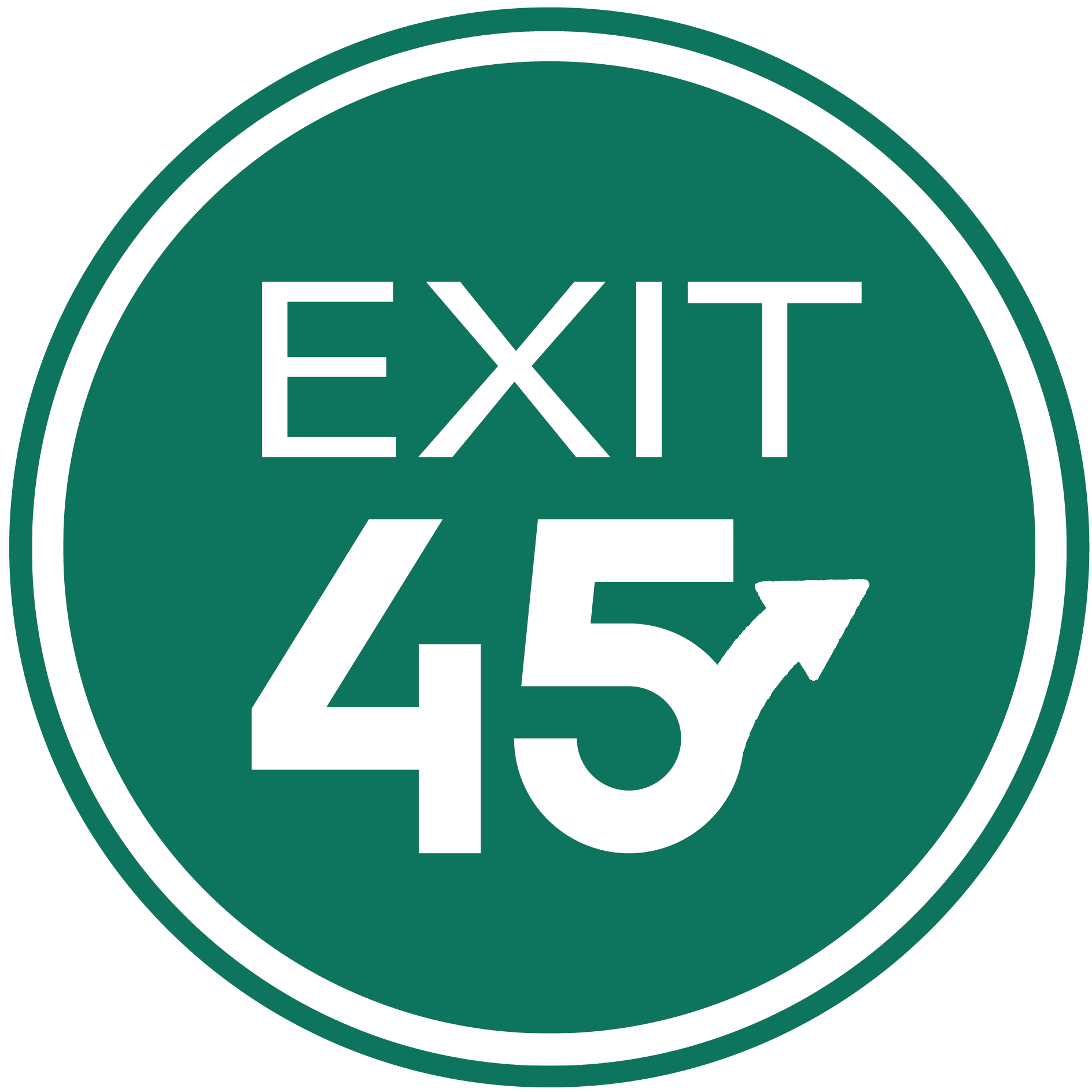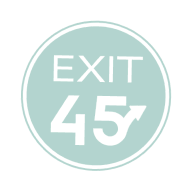Synopses of Numbers 1 - 11 of 66 Obstacles to a Successful Business Sale
In the last issue (#23), we identified 66 Obstacles to a Successful Business Sale. This issue will provide brief Synopses of Numbers 1 – 11 of 66 Obstacles to a Successful Business Sale.
"In every difficult situation is potential value. Believe this, then begin looking for it." Norman Vincent Peale
Synopses of 1 to 11 of 66 Obstacles to a Successful Business Sale
To view the complete list of 66 obstacles, click on this article: Issue #23 – 66 Obstacles to a Successful Business Sale.
Following are brief summaries of obstacles 1 -11:
1) Business Owner's Failure to Plan for a Sale
This is definitely the #1 reason businesses don’t sell. With at least 66 obstacles to a successful sale, if you don’t spend adequate time and resources planning for a sale, it is not likely to be successful. This is the primary reason only about 20-25% of small businesses are ever sold. Read more in this article: Issue #56 – Business Owner’s Failure to Plan for a Sale.
2) Inadequate Seller's Discretionary Earnings (SDE)4
Because buyers need to make a reasonable living after paying debt service on their acquisition, businesses with less than $100,000 in SDE are not attractive to most buyers. In addition, they are next to impossible to finance through lenders. Read more in this article: Issue #57 – Inadequate Seller’s Discretionary Earnings.
3) Low or Inconsistent Gross Margins
If you’re only making the easy sales and not pushing your margins to the max, it will not reflect well on your bottom line. Low or inconsistent gross margins are one of the primary reasons small business owners do not have sufficient earnings to have a saleable business. Read more in this article: Issue #58 – Low or Inconsistent Gross Margins.
4) Inadequate Marketing and Sales Efforts
Most small business owners are “stuck in a rut” as it relates to their sales and marketing efforts and have significant room for improvement. Implementing new ideas can significantly increase earnings and make a business with inadequate SDE saleable. Read more in this article: Issue #59 – Inadequate Marketing and Sales Efforts.
5) Owners with Unrealistic Price Expectations
Overpriced businesses almost never sell and frequently result in an extremely painful process of realization for the business owner. What should be a joyous occasion often becomes the most stressful and emotional agony of an owner’s life. It doesn’t have to be that way, though. There is absolutely no good reason to attempt selling an overpriced business. Knowing the realistic value before deciding to sell is one of the most important planning steps. Read more in this article: Issue #60 – Owners with Unrealistic Price Expectations.
6) Business Acquisitions that Cannot be Financed
Obstacles to successfully obtaining lender financing tend to parallel the obstacles to a successful sale. Since the financial crash in the fall of 2008, lending criteria has tightened considerably. In addition, SBA lenders have almost no interest in transactions below $250,000 (which requires about $100,000 in SDE). Read more in this article: Issue #61 – Business Acquisitions that Cannot be Financed.
7) Owners Unwilling to Provide Partial Financing
Subsequent to the financial crash of 2008, lenders almost always require some seller participation in business acquisitions. In the best of situations, your goal should be to limit your participation to about 10% Read more in this article: Issue #62 – Owners Unwilling to Provide Partial Financing.
8) Owners Who Cannot Afford to Sell
Understanding the realistic value of your business, the tax implications of a sale, and your own personal financial situation and goals are the keys to determining if you can afford to sell your business. All too often, business owners make that determination only after they have an offer on their business. Read more in this article: Issue #63 – Owners Who Cannot Afford to Sell.
9) C-Corporation Tax Implications
The tax implications of an owner selling a C-Corporation business can be downright ugly. To minimize taxes, planning far in advance is a necessity. Read more in this article: Issue #64 – C-Corporation Tax Implications.
10) Inadequate Recordkeeping / Accounting Systems / Financial Reports
Although not unusual, poor record keeping is a very difficult obstacle to overcome. The key is to get things cleaned up before you try to sell the business. Read more in this article: Issue #66 – Inadequate Recordkeeping / Accounting Systems / Financial Reports.
11) Inadequate Second-Level Management
Buyers need to feel that customers can be retained after the seller departs. In addition, they want to know that employees can help deal with difficult issues in their own absence. Having qualified second-level management is a key benefit to selling your business and a major obstacle if they are not present. Read more in this article: Issue #67 – Inadequate Second-Level Management.
"The superior man makes the difficulty to be overcome his first interest; success comes only later." Confucius
Overcome the Power of Inertia
Overcome the Power of Inertia and call a business broker for a free consultation. Many brokers offer no-charge, no-obligation evaluations of small businesses. They can provide a broker opinion of value and help you identify obstacles to a successful sale as well as opportunities for improvement to increase the value of your business. That is a great way to start planning for a successful and profitable exit from your business.

